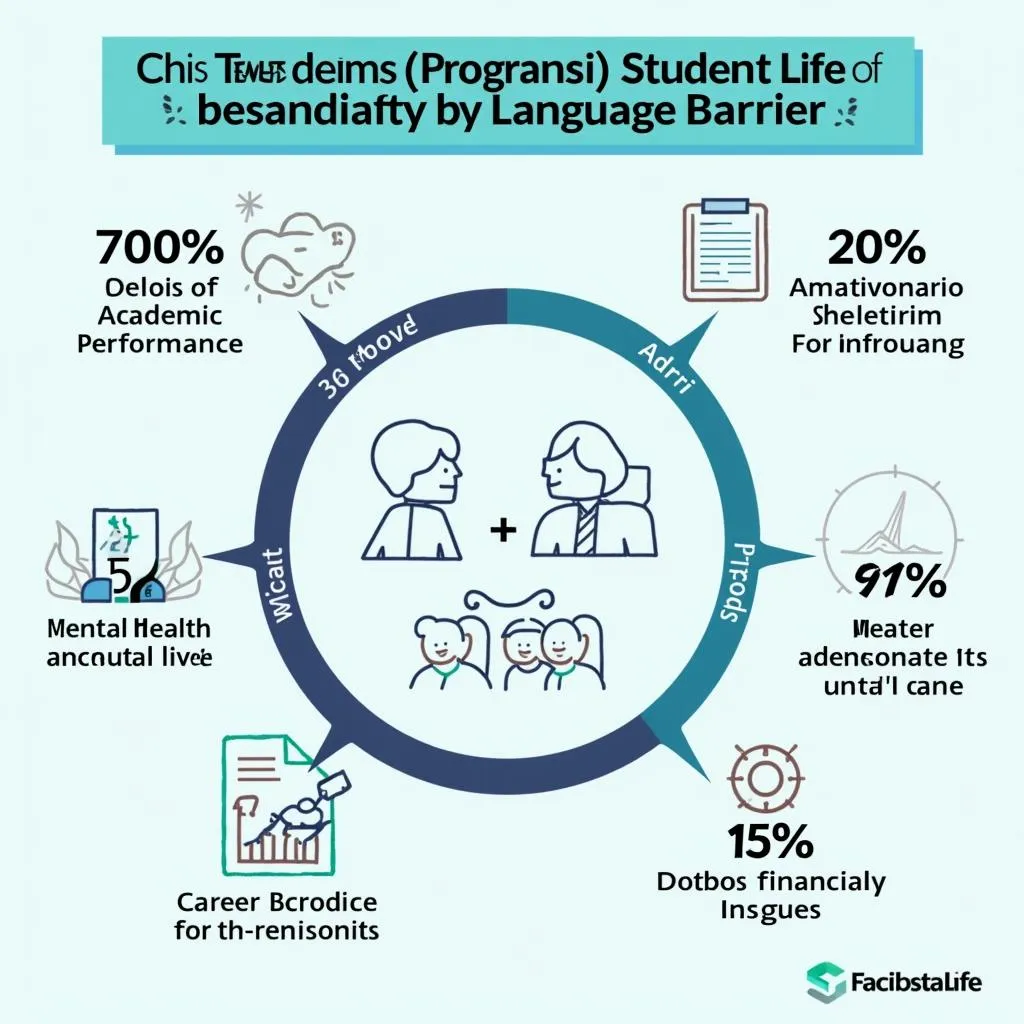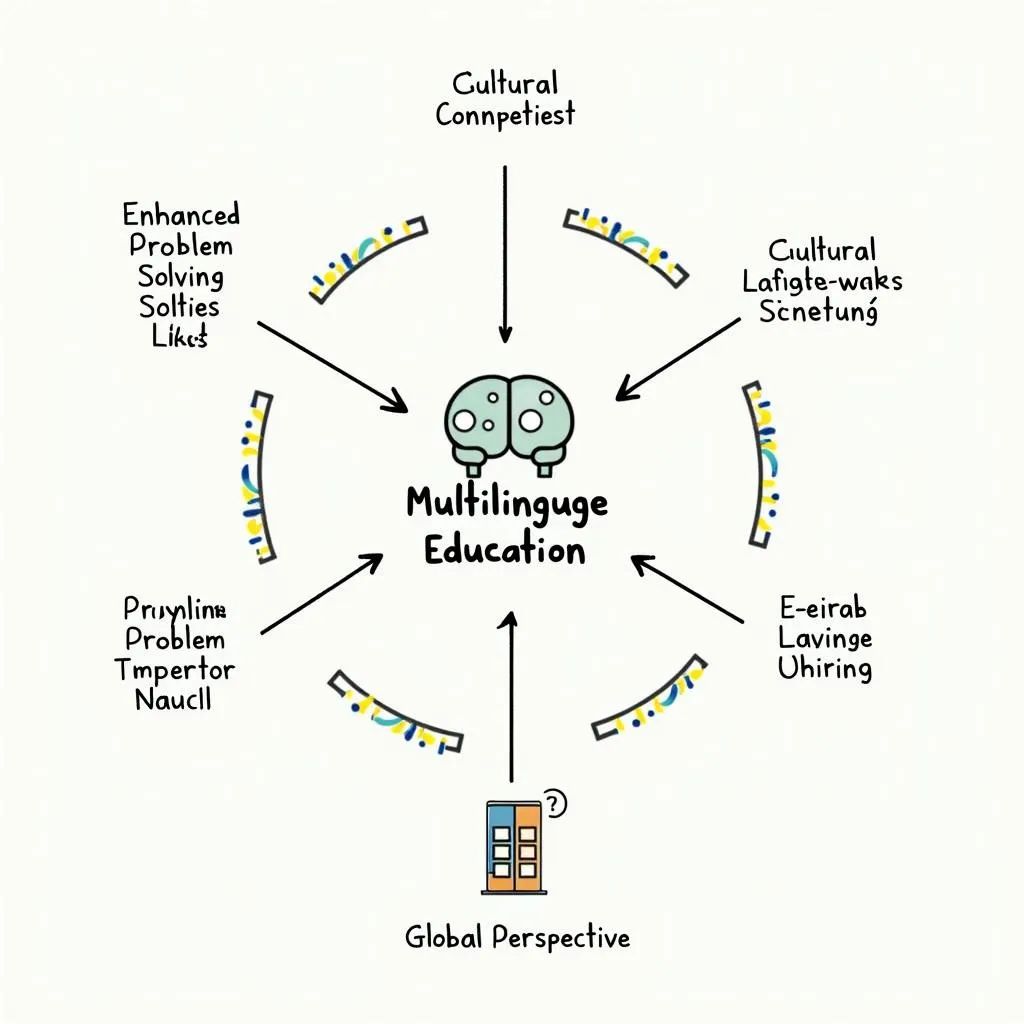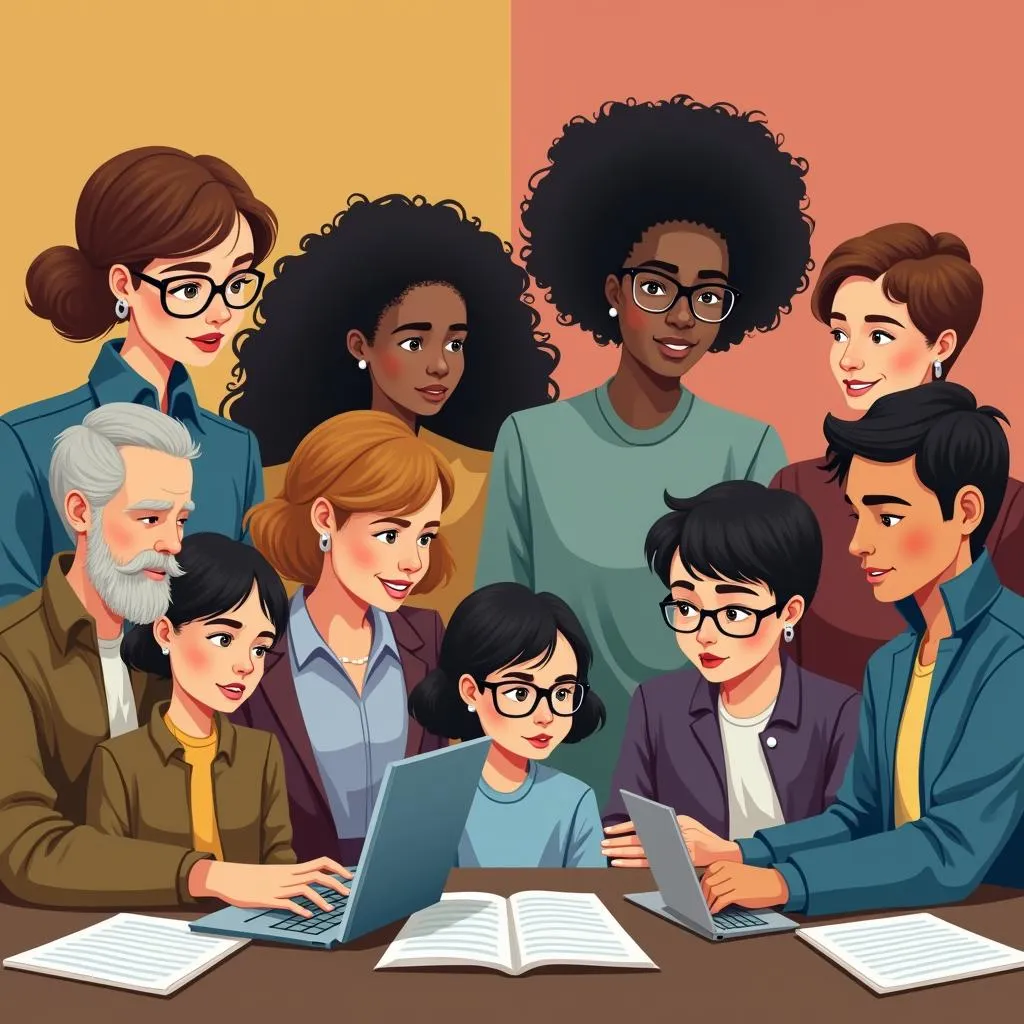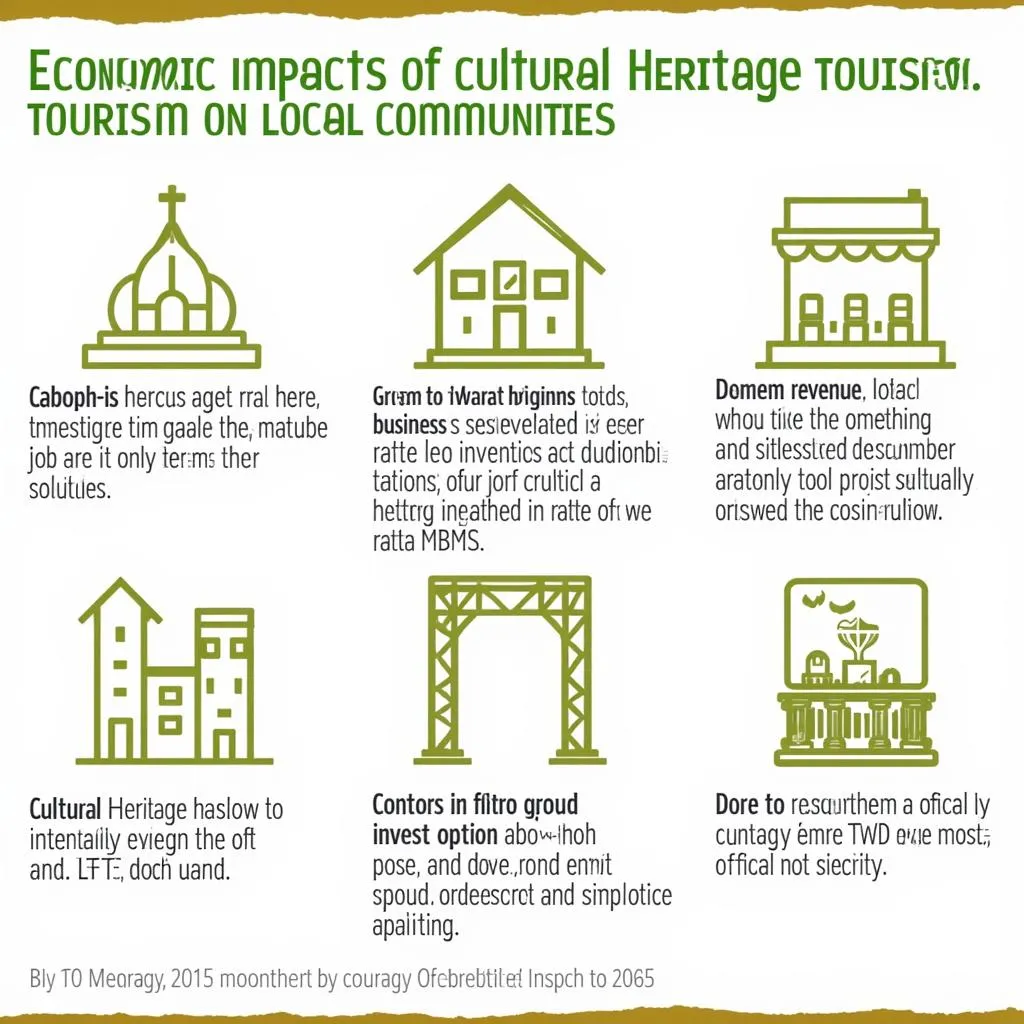The influence of language barriers on international student mobility is a crucial topic in today’s globalized education landscape. As an experienced IELTS instructor, I’ve prepared a comprehensive Reading test to help you practice and enhance your skills in this area. Let’s dive into the passages and questions that will challenge your understanding of this important subject.
Nội dung bài viết
- Passage 1 – Easy Text
- The Growing Trend of International Student Mobility
- Questions for Passage 1
- Multiple Choice
- True/False/Not Given
- Matching Headings
- Short Answer Questions
- Passage 2 – Medium Text
- The Multifaceted Impact of Language Barriers on International Students
- Questions for Passage 2
- Identifying Information (True/False/Not Given)
- Matching Features
- Sentence Completion
- Passage 3 – Hard Text
- The Paradox of Language Barriers in International Education
- Questions for Passage 3
- Matching Headings
- Multiple Choice
- Identifying Writer’s Views (Yes/No/Not Given)
- Summary Completion
- Answer Key
- Passage 1
- Passage 2
- Passage 3
Passage 1 – Easy Text
The Growing Trend of International Student Mobility
In recent years, there has been a significant increase in the number of students pursuing higher education abroad. This phenomenon, known as international student mobility, has become a hallmark of globalization in the education sector. Students are increasingly seeking opportunities to study in foreign countries, driven by various factors such as the desire for high-quality education, exposure to different cultures, and enhanced career prospects.
However, one of the most formidable challenges faced by these students is the language barrier. Many international students find themselves grappling with the difficulties of studying in a language that is not their mother tongue. This linguistic hurdle can have a profound impact on their academic performance, social integration, and overall experience abroad.
The integration of world music in classroom activities can be an effective way to help international students overcome language barriers and feel more connected to their new environment. By incorporating diverse musical elements, educational institutions can create a more inclusive atmosphere that celebrates cultural differences and promotes language learning through creative expression.
The language barrier often extends beyond the classroom, affecting students’ ability to navigate daily life in their host country. Simple tasks such as opening a bank account, seeking medical attention, or even shopping for groceries can become daunting challenges when faced with unfamiliar linguistic and cultural norms.
Despite these obstacles, many international students view the language barrier as an opportunity for personal growth and development. Immersing themselves in a foreign language environment can lead to rapid improvement in language skills, which is highly valued by employers in an increasingly globalized job market.
 Language barriers affecting international student mobility
Language barriers affecting international student mobility
Universities and educational institutions around the world are recognizing the need to address language barriers faced by international students. Many are implementing language support programs, offering pre-sessional language courses, and providing ongoing linguistic assistance throughout the academic year. These initiatives aim to mitigate the impact of language barriers and ensure that international students can fully benefit from their educational experience abroad.
Questions for Passage 1
Multiple Choice
-
What is described as a “hallmark of globalization” in the education sector?
A) High-quality education
B) International student mobility
C) Language barriers
D) Career prospects -
Which of the following is NOT mentioned as a factor driving international student mobility?
A) Desire for high-quality education
B) Exposure to different cultures
C) Enhanced career prospects
D) Lower tuition fees
True/False/Not Given
- All international students struggle with language barriers in their host countries.
- Language barriers only affect students’ academic performance.
- Many universities offer language support programs for international students.
Matching Headings
Match the following headings to the paragraphs in the passage:
A) Overcoming Daily Challenges
B) The Rise of Global Education
C) Language as a Growth Opportunity
D) Institutional Support for Language Learners
E) The Primary Obstacle for International Students
- Paragraph 2: ___
- Paragraph 4: ___
- Paragraph 5: ___
Short Answer Questions
-
What type of programs are universities implementing to help international students with language barriers? (No more than THREE words)
-
According to the passage, how can overcoming language barriers benefit students in the job market? (No more than TWO words)
Passage 2 – Medium Text
The Multifaceted Impact of Language Barriers on International Students
The influence of language barriers on international student mobility extends far beyond the realm of academic performance. While the primary concern for many students and institutions is the ability to comprehend lectures, participate in discussions, and complete assignments, the repercussions of linguistic challenges permeate various aspects of the international student experience.
One of the most overlooked impacts of language barriers is on mental health and well-being. The constant struggle to communicate effectively can lead to feelings of isolation, anxiety, and depression among international students. The inability to express oneself fully or to understand social cues can result in a sense of disconnection from peers and the broader community. This psychological toll can significantly affect a student’s motivation and overall academic success.
How digital platforms are promoting cultural self-expression is particularly relevant in this context, as these platforms can provide international students with alternative means of communication and cultural exchange, potentially alleviating some of the stress associated with language barriers.
Moreover, language barriers can have a profound effect on career development opportunities for international students. Internships, part-time jobs, and networking events – all crucial for building professional connections and gaining practical experience – may seem out of reach for those who lack confidence in their language skills. This limitation can have long-term consequences on students’ career trajectories and their ability to leverage their international education experience in the job market.
The financial implications of language barriers are also significant. Students who struggle with the language of instruction may require additional time to complete their studies, leading to extended periods abroad and increased living expenses. Furthermore, the need for supplementary language courses or tutoring can add to the already substantial cost of international education.
 Effects of language barriers on international student life
Effects of language barriers on international student life
Interestingly, the impact of language barriers can vary depending on the field of study. Students in STEM (Science, Technology, Engineering, and Mathematics) fields often report less difficulty, as the universal language of mathematics and scientific notation can transcend linguistic boundaries. Conversely, those in humanities and social sciences may face greater challenges due to the nuanced nature of language in these disciplines.
The role of the arts in fostering global cultural citizenship can be particularly beneficial for students in these fields, as artistic expression often allows for communication beyond verbal language, providing alternative avenues for cultural exchange and understanding.
Despite these challenges, many international students and institutions are finding innovative ways to mitigate the effects of language barriers. Language exchange programs, cultural immersion activities, and the use of technology for real-time translation are just a few examples of initiatives aimed at bridging the linguistic gap and enhancing the international student experience.
Questions for Passage 2
Identifying Information (True/False/Not Given)
- Language barriers only affect international students’ academic performance.
- Mental health issues are a common result of language barriers for international students.
- All international students experience the same level of difficulty with language barriers regardless of their field of study.
Matching Features
Match the following effects with the correct aspect of international student life:
A) Isolation and anxiety
B) Extended study periods
C) Difficulty in accessing internships
D) Challenges in understanding lectures
- Mental health: ___
- Career development: ___
- Financial implications: ___
- Academic performance: ___
Sentence Completion
Complete the sentences below using NO MORE THAN THREE WORDS from the passage for each answer.
- Language barriers can lead to a sense of ___ from peers and the broader community.
- Students in STEM fields often find language barriers less challenging due to the ___ of mathematics and scientific notation.
- To address language barriers, some institutions are implementing initiatives such as language exchange programs, cultural immersion activities, and ___.
Passage 3 – Hard Text
The Paradox of Language Barriers in International Education
The phenomenon of international student mobility presents a fascinating paradox in the realm of global education. On one hand, it embodies the spirit of cross-cultural exchange and global citizenship, aiming to foster a more interconnected and understanding world. On the other hand, the very linguistic diversity that makes this exchange valuable also poses significant challenges in the form of language barriers. This dichotomy raises critical questions about the nature of international education and the role of language in academic and cultural exchange.
The ubiquity of English as the lingua franca of academia has both facilitated and complicated international student mobility. While it has undoubtedly made cross-border education more accessible, it has also created a homogenizing effect that potentially undermines the diversity it seeks to promote. This dominance of English raises concerns about linguistic imperialism and the potential loss of linguistic diversity in academic discourse.
The role of podcasts in promoting cultural awareness can be seen as a counterbalance to this trend, offering a platform for diverse voices and languages in the educational sphere. By providing accessible content in multiple languages, podcasts can help preserve linguistic diversity while still facilitating global communication.
Moreover, the emphasis on language proficiency in international education has led to the emergence of a stratified system where access to global educational opportunities is often contingent upon language skills rather than academic merit alone. This reality has sparked debates about equity and inclusivity in international higher education, questioning whether the current system inadvertently perpetuates existing global inequalities.
The cognitive benefits of multilingualism and language learning are well-documented, suggesting that the challenges posed by language barriers could be reframed as opportunities for cognitive development and cultural competence. Research indicates that individuals who navigate multiple languages develop enhanced cognitive flexibility, creativity, and problem-solving skills. In this light, the struggle with language barriers becomes an integral part of the learning process, contributing to the holistic development of international students.
 Benefits of multilingual education for international students
Benefits of multilingual education for international students
The influence of language barriers on academic performance is multifaceted and often counterintuitive. While it is true that language difficulties can impede comprehension and expression in academic settings, they also necessitate the development of compensatory strategies that can lead to deeper engagement with the material. Students grappling with language barriers often report spending more time with texts, seeking out multiple explanations, and engaging in more frequent discussions with peers and instructors – all practices associated with enhanced learning outcomes.
Furthermore, the experience of overcoming language barriers can be instrumental in developing intercultural competence, a skill increasingly valued in the global marketplace. The process of navigating linguistic and cultural differences fosters empathy, adaptability, and communication skills that extend far beyond language proficiency. In this sense, the challenges posed by language barriers become a crucible for developing the very skills that international education aims to cultivate.
How virtual reality is changing the entertainment industry offers interesting parallels to the evolving landscape of international education. Just as VR technology is breaking down barriers in entertainment, innovative language learning technologies and immersive educational experiences are transforming how we approach linguistic challenges in global education.
As institutions and policymakers grapple with the complexities of language barriers in international education, it becomes clear that a nuanced approach is necessary. Rather than viewing language barriers solely as obstacles to be overcome, there is a growing recognition of their role in shaping the unique and valuable experiences of international students. The future of international education may lie not in eliminating language barriers, but in embracing them as integral to the transformative journey of global learning.
Questions for Passage 3
Matching Headings
Choose the correct heading for each paragraph from the list of headings below.
List of Headings:
i. The double-edged sword of English dominance
ii. Reframing language barriers as learning opportunities
iii. The paradoxical nature of international student mobility
iv. Equity concerns in language-based education access
v. Cognitive advantages of multilingualism
vi. Compensatory strategies and academic engagement
vii. Language barriers as catalysts for intercultural competence
viii. The future of language in international education
- Paragraph 1: ___
- Paragraph 2: ___
- Paragraph 4: ___
- Paragraph 5: ___
- Paragraph 6: ___
- Paragraph 7: ___
- Paragraph 9: ___
Multiple Choice
-
According to the passage, what is a potential negative consequence of English being the lingua franca of academia?
A) It makes cross-border education less accessible
B) It could lead to a loss of linguistic diversity in academic discourse
C) It increases the cognitive benefits of multilingualism
D) It improves the problem-solving skills of international students -
The passage suggests that the challenges of language barriers can lead to:
A) Decreased engagement with academic material
B) Lower academic performance overall
C) Deeper engagement with study materials
D) Reduced interaction with peers and instructors -
What skill does the passage highlight as being developed through overcoming language barriers?
A) Technical proficiency
B) Intercultural competence
C) English language dominance
D) Virtual reality expertise
Identifying Writer’s Views (Yes/No/Not Given)
- The writer believes that language barriers in international education should be completely eliminated.
- The author suggests that the struggle with language barriers contributes to the holistic development of international students.
- The passage implies that virtual reality technology will replace traditional language learning methods in international education.
Summary Completion
Complete the summary below using words from the box.
A) homogenizing B) stratified C) compensatory D) intercultural
E) paradoxical F) cognitive G) linguistic H) transformativeThe influence of language barriers on international student mobility presents a (14) situation in global education. While English dominance has a (15) effect, it also raises concerns about (16) imperialism. The emphasis on language proficiency has created a (17) system in international education. However, the challenges of language barriers can lead to the development of (18) strategies and enhanced (19) competence, ultimately contributing to a (20)_____ learning experience.
Answer Key
Passage 1
- B
- D
- False
- False
- True
- E
- A
- C
- Language support programs
- Highly valued
Passage 2
- False
- True
- False
- A
- C
- B
- D
- disconnection
- universal language
- real-time translation
Passage 3
- iii
- i
- iv
- v
- vi
- vii
- viii
- B
- C
- B
- No
- Yes
- Not Given
- E
- A
- G
- B
- C
- D
- H
This comprehensive IELTS Reading practice test on “The influence of language barriers on international student mobility” covers various aspects of the topic, from basic understanding to more complex analysis. By working through these passages and questions, you’ll enhance your reading skills and gain valuable insights into this important aspect of global education. Remember to time yourself and practice regularly to improve your performance in the actual IELTS test.


